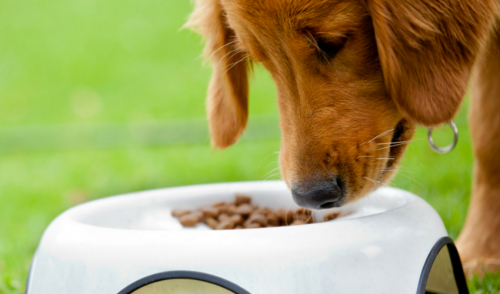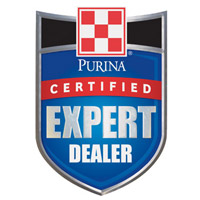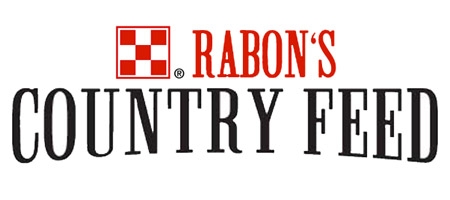{article.name}
Why Nutrition Is Important for Healthy Skin and Coat

- Share this:
- Share on Facebook
- Pin on Pinterest
- Tweet on Twitter
Every pet owner understands the importance of a proper diet to provide their pet the best nutrition for strong bones and muscles, healthy joints, abundant energy, stable digestive health, and weight control. The right nutrition is important for their healthy skin and coat as well, and your pet’s skin and coat are critical for the animal’s well-being.
Why Healthy Skin and Coat Matters
Lush, glossy fur looks elegant and attractive on any pet, but healthy skin and a luxurious coat is far more important than just for a pet’s appearance. Healthy skin is more resilient and can heal more quickly when a pet gets incidental cuts and scrapes, and healthy skin is also tough and resistant to fleas, mites, and lice. A thick coat protects the skin and minimizes the risk of toxic contamination from chemicals that might be absorbed through the skin, and the coat also provides superior insulation against extreme temperatures, both hot and cold. When the coat gets patchy, thin, or dry, and skin gets dry and loses its elasticity, pets lose the benefits the skin and coat provide.
Proper Nutrition for Your Pet’s Skin and Coat
The exact nutrition essential for the healthiest skin and coat will vary from pet to pet based on the type of animal, breed, age, general health, and overall condition. No matter what type of pet you have, however, their diet needs to include several basic nutritional components to support their healthy skin and coat.
- Protein: Fur and skin are composed primarily of protein, and a diet rich in protein allows the skin and coat to stay properly replenished as the animal grows and sheds.
- Fats: The proper omega-3 and omega-6 fatty acids keep skin cells and cell membranes plump and healthy, and protect fur from excessive damage.
- Vitamins: Different vitamins, including A, B, C, and E, help skin and fur grow and repair easily, and improve fat metabolism so the animal can make the most of the nutrition it receives.
- Minerals: Zinc is essential to support healthy proteins and fat metabolism, and copper is necessary to produce the pigments in your pet’s coat to keep it flexible and lush.
Overall, a well-balanced, healthy diet ought to contain everything your pet needs for its healthy skin and coat. When your pet has dietary restrictions, however, due to food allergies, sensitivities, availability, or other concerns, it is important to be sure they are still getting the proper nutrition to keep their skin and coat in the best possible condition.
Choosing Your Pet’s Diet to Support Healthy Skin and Coat
A high-quality, nutritious diet will help keep your pet’s skin and coat healthy. Consult your veterinarian about your pet’s dietary needs and any special considerations that arise. Be sure to read the labels for different pet foods, noting that animal proteins and byproducts (organ meats) are the richest, most easily digestible sources of protein and fatty acids for your pet. Healthy treats should also be considered, and can help supplement your pet’s regular meals with extra vitamins and minerals for skin and coat conditioning if necessary.
Always watch your pet’s skin and coat carefully. Regular grooming can help you be familiar with the condition of their fur and skin, and you will more quickly be aware if there are any developing problems, such as excessive shedding, bare patches, sores, or greasiness. Adjust your pet’s diet gently and gradually if you want to improve their skin and coat condition, and as you improve their daily diet and nutrition, you’ll be amazed at how much healthier and more luxurious their skin and coat can become.
Special Offers
We are constantly adding new specials to our site. Be sure to check back often!


Comments